
Introduction
Back2Basics is the Young Communist League’s series on Marxist concepts made easy. Its aim is to provide a starting point for those interested in learning about communist theory and a foundation for further reading and study.

Back2Basics is the Young Communist League’s series on Marxist concepts made easy. Its aim is to provide a starting point for those interested in learning about communist theory and a foundation for further reading and study.
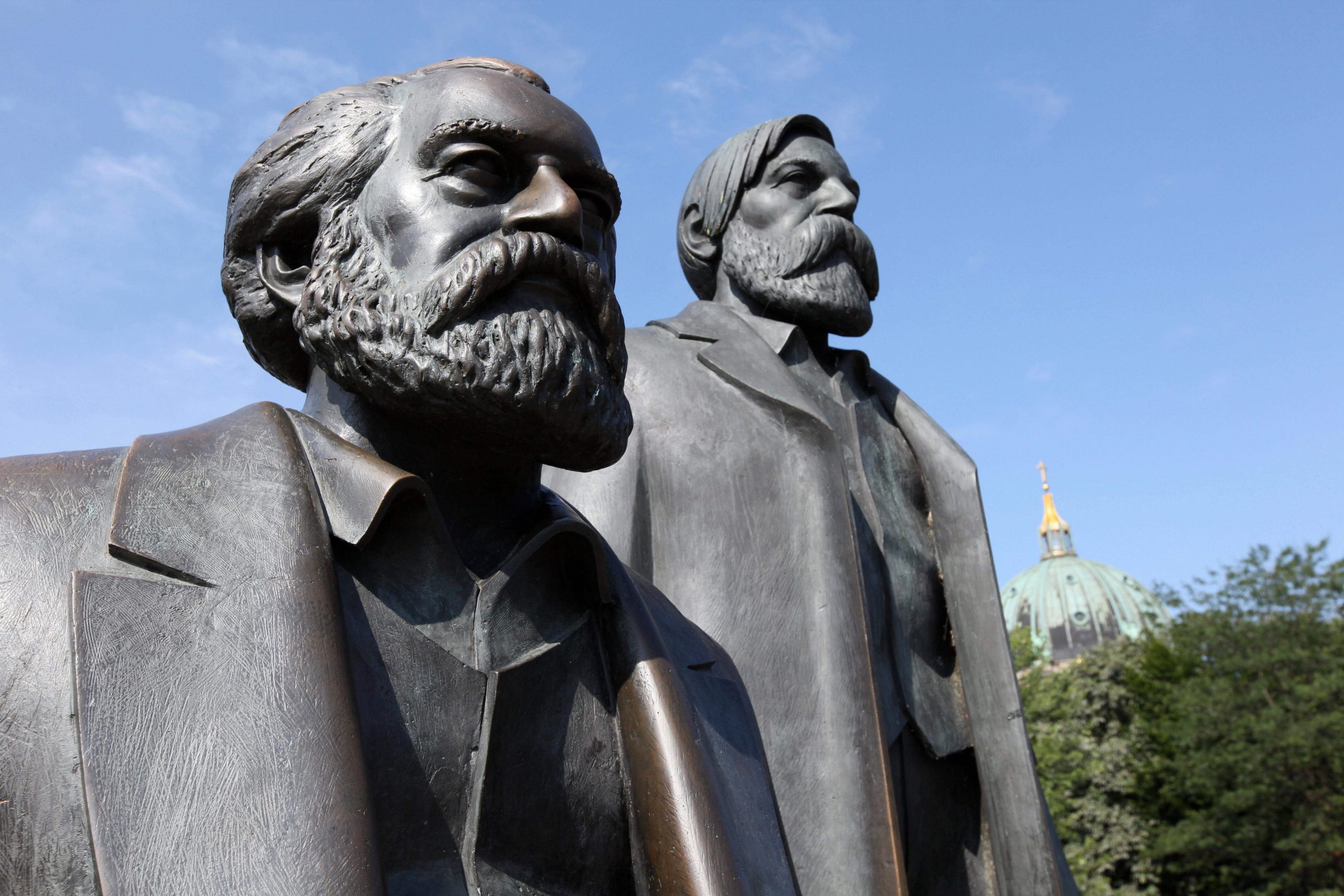
The philosophical underpinning of Marxism-Leninism is often referred to as “dialectical materialism”. Parts 1 and 2 of this series set out what that actually means; materialism in this issue and dialectics in the next issue.

Every scientific investigation must have a method. The choice of method will affect the whole course of the investigation and it is important to base your method on the reality of the situation you are studying. The method used by Marxists in studying the world around them is Dialectical Materialism.

The economic basis of capitalism is commodity production. In order to study commodity production dialectically, we must begin by studying its smallest self-contained unit – the commodity.

In part 3, we discussed the value of a commodity and found that this came in two forms – use-value and exchange-value- and that they were derived from the labour required to produce the commodity, use-value from specific labour and exchange-value from abstract social labour. But under the capitalist system, labour itself (or more accurately labour-power, the capacity to labour) is sold as a commodity. So what is the value of labour? This was the stumbling block of classical political economy and it was Karl Marx who first solved the problem.
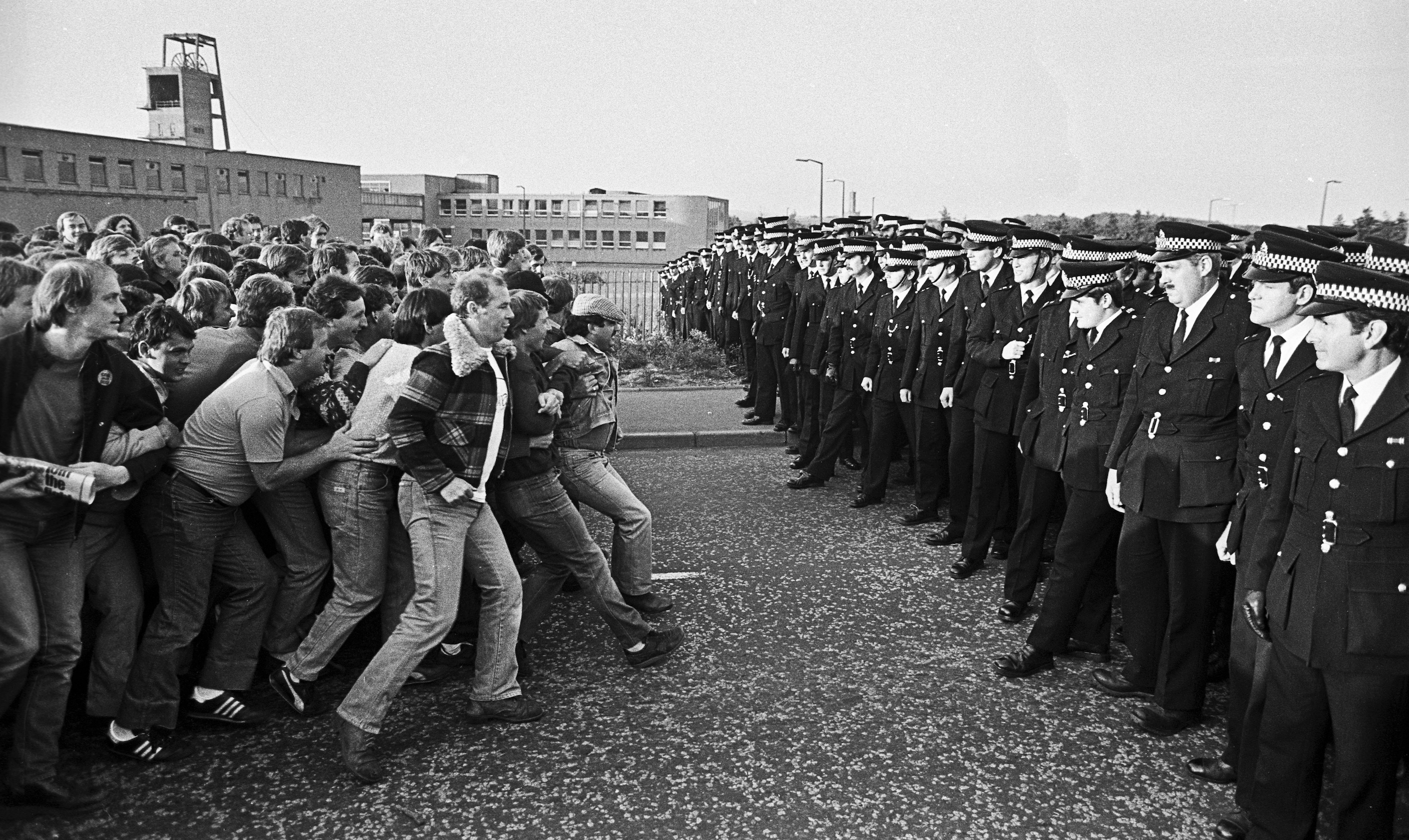
“The history of all hitherto existing societies is the history of class struggle.” (Marx & Engels, The Manifesto of the Communist Party)
Class is a concept at the heart of our Marxist understanding of the world, yet many claim that the ‘working class’ no longer exist. How do we approach this problem?
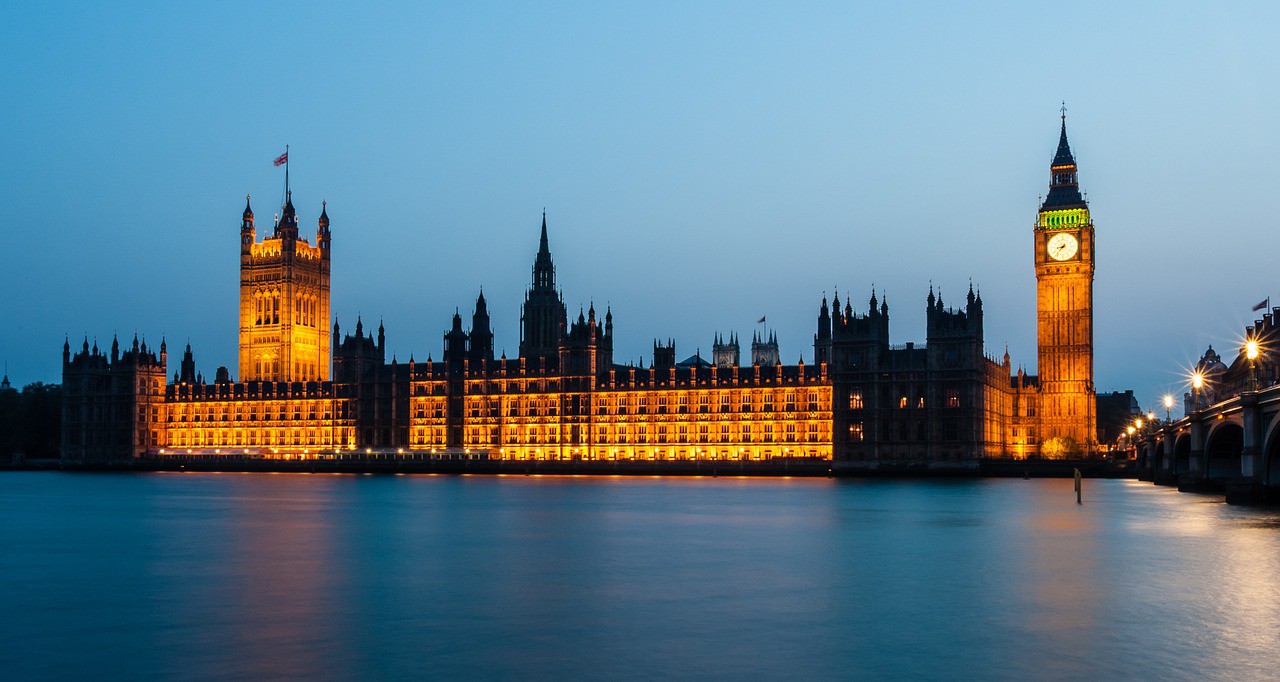
The issue of the state is a crucial one for Marxists. Any serious revolutionary strategy must be based on an understanding of what the state is, how it operates and what role it plays in social transformation.
In order to answer these questions, we must look at the origin of the state. The modern state (government, judiciary, police force, army, etc.) may appear both impartial (at times) and ever present. In reality it is neither. In early society neither the state, nor anything fulfilling a similar role, existed. The emergence of the state appeared at that time at which society became divided into classes, into oppressors and oppressed.
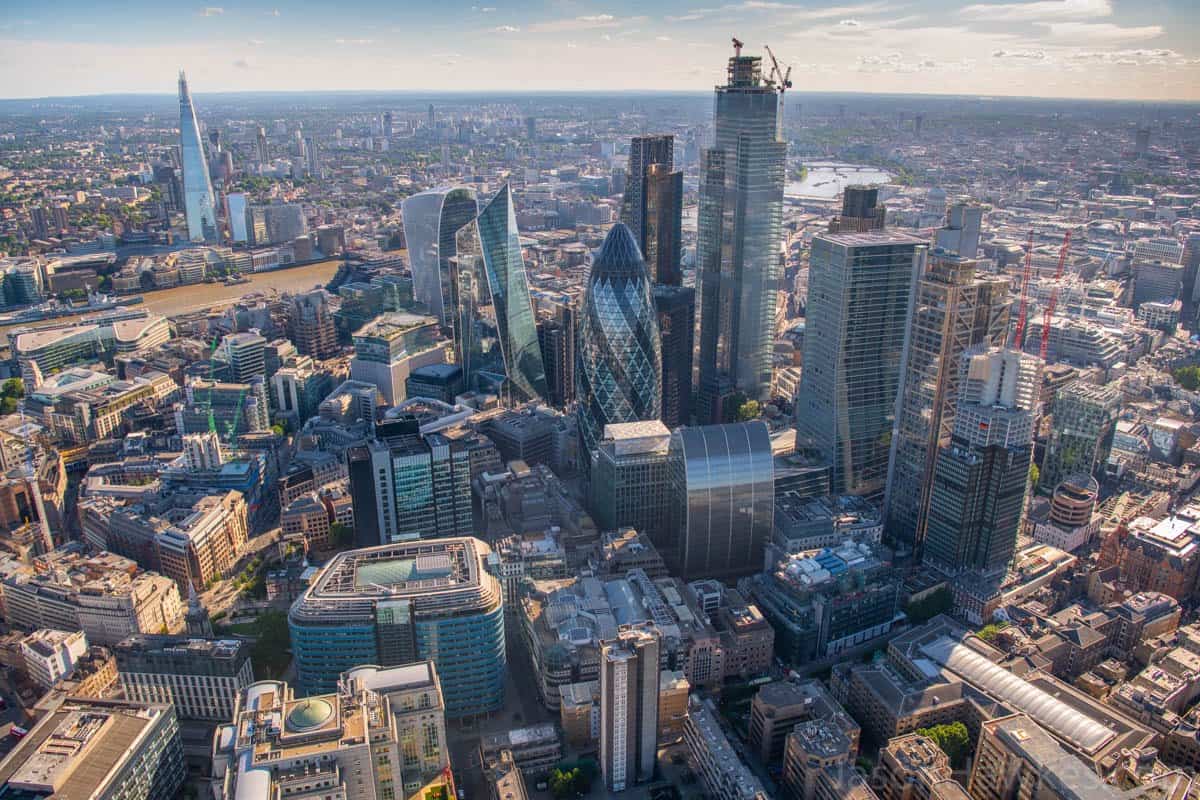
Lenin argued that “the most deep-rooted economic foundation of imperialism is monopoly” and that imperialism could be briefly defined as “the monopoly stage of capitalism” (Imperialism, 1916). Under capitalism, cyclical economic crises, combined with the advantages of scale held by large companies over small- and medium-sized businesses, lead inevitably to the annexation of smaller companies by larger enterprises.

The history of imperialism can be roughly divided into three phases.
The first phase of imperialism, up until 1945, was characterised by inter-imperialist rivalry and the drive to divide and re-divide the world into spheres of influence of the dominant capitalist countries. It is important to note that this was a global, not national or regional, process and that imperialism has always been a global system.

One of the key features of capitalism is the recurrence of periodic, systemic crises. These crises are either denied by capitalist economists, attributed to specific circumstances (and thereby taken as an exception rather than a rule) or it is claimed that, actually, the cause of the crisis was state intervention and attempts at planning which have thwarted the logic of the market and deformed an otherwise perfect system.

Capitalism, once a progressive force in both social and productive terms, becomes more parasitic and moribund throughout its development. More and more, the social relations of production, crystallised in a social and legal system based on protection of private property, begin to hold back the development of society’s productive forces. More and more, labour is wasted in socially-useless production or financial speculation. Capitalism daily fails the majority of people, impoverishing them in order to make the rich richer.

One of the main accusations thrown at Marxists over the years, particularly in bourgeois academic circles, is that Marxism is determinist – a crude form of mechanistic materialism which neglects to take into account individual human beings.

Capitalism distorts our understanding of social relations. Class structured societies, by their very nature, deform these relations. Marx developed and looked at the theme of alienation, from the Economic and Philosophical Manuscripts in 1844 to Capital in 1867.
Marx said that commodity production captures human labour within capitalist production. The relationships between people get caught up in the relationship between things.
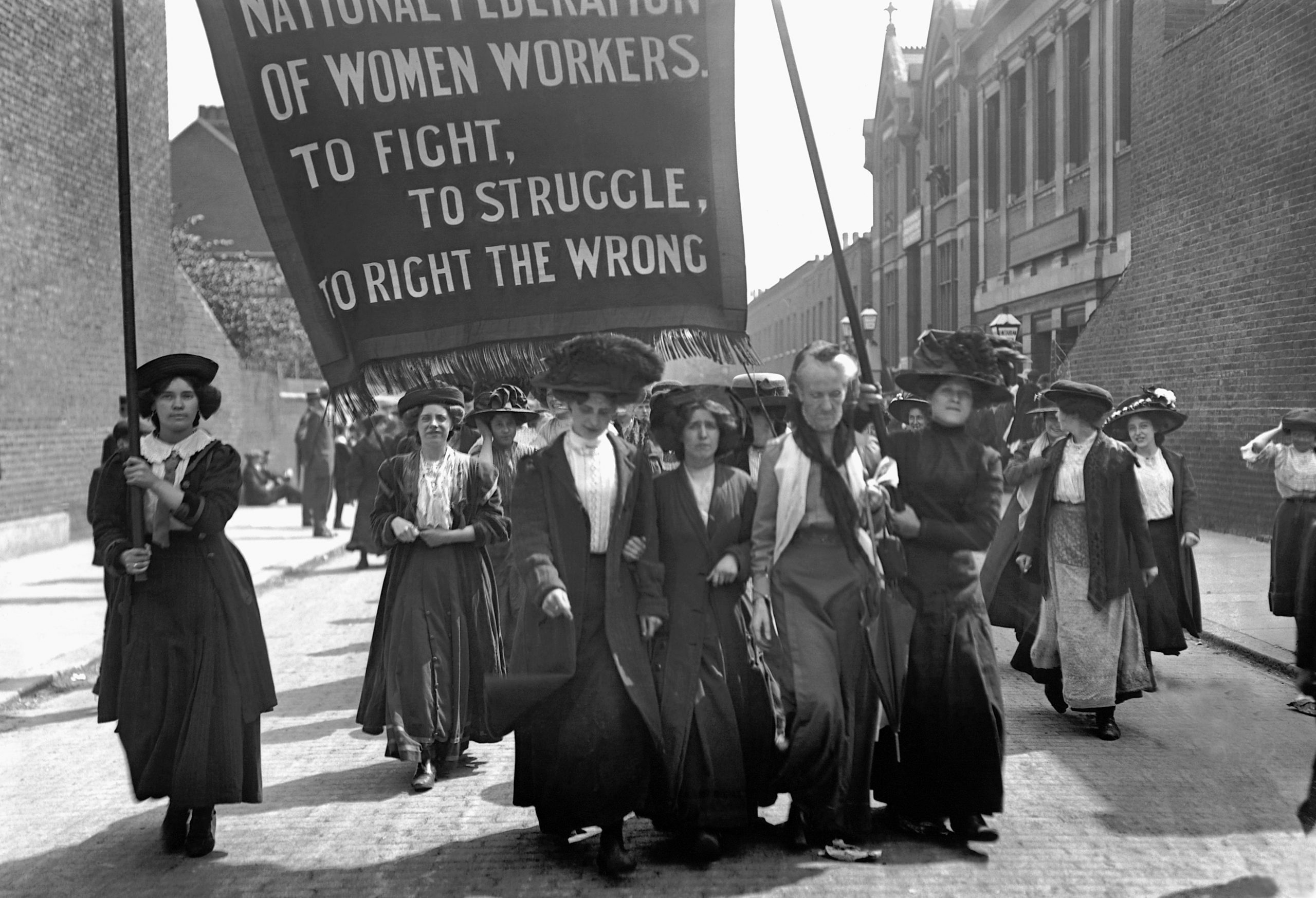
Women’s oppression is as old as class society. Indeed, oppression of women can be found in all class societies without exception. Prior to the division of society into classes, whilst there is evidence of division of labour between the sexes, this was not antagonistic. It was at the point at which human beings could create a surplus above that required for their survival that both classes and the relationships of domination and subordination between the sexes appeared.

Working people of minority social groups in Britain continue to face official and unofficial forms of discrimination in their social and economic life.
The forms of oppression and the significance for our struggle also depend upon the context. For example, in Britain, British Black and British South Asian groups make up 3.4% and 6.8% of the population of the UK – 2.2 and 4.4 million people respectively.
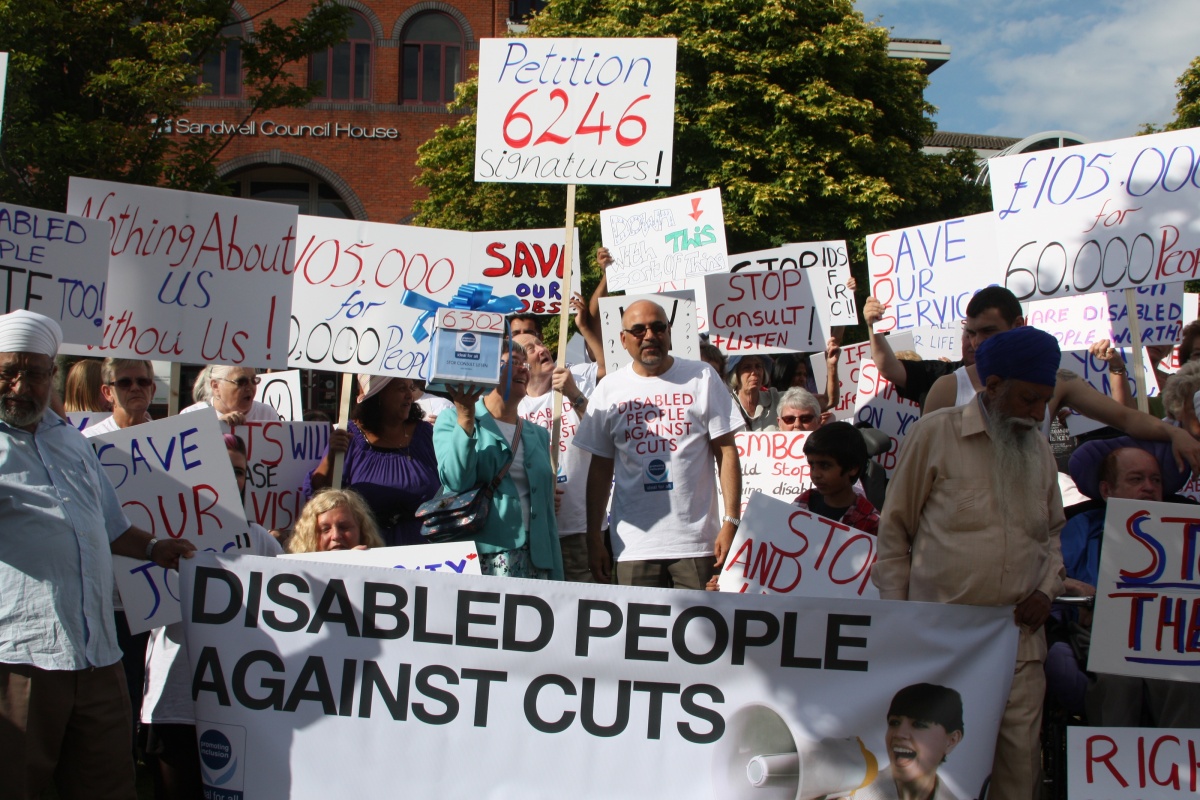
Like all groups, the disabled’s relationship to society has evolved with the advancement of progression. So, for a Marxist understanding of how disabled people are affected by capitalism we have to first look at how human evolution changed the ways disabled people connect to society.

We live in a country, that up until recently, considered LGBT+ lifestyles, identity and relationships unacceptable and actively persecuted those who didn’t conform to heteronormative standards. The fight for equality and same-sex recognition has been drawn out across the decades, with many social rights groups campaigning for changes in the law and in society’s attitude towards LGBT+ people. Despite progress, there are still challenges facing the queer community that cannot be overcome under the current Capitalist system.

The nature of trades unions under both capitalism and socialism is a question which has occupied many sections of the international Marxist movement since the beginning of the 20th century and before. The basics are, of course, obvious.
Trades unions are formed where workers unite to defend their immediate interests against those of capital. In fact, the very existence of trades unions is due to the basic contradiction between labour and capital. The primary motivation of capital is to increase the surplus value extracted from the workers.
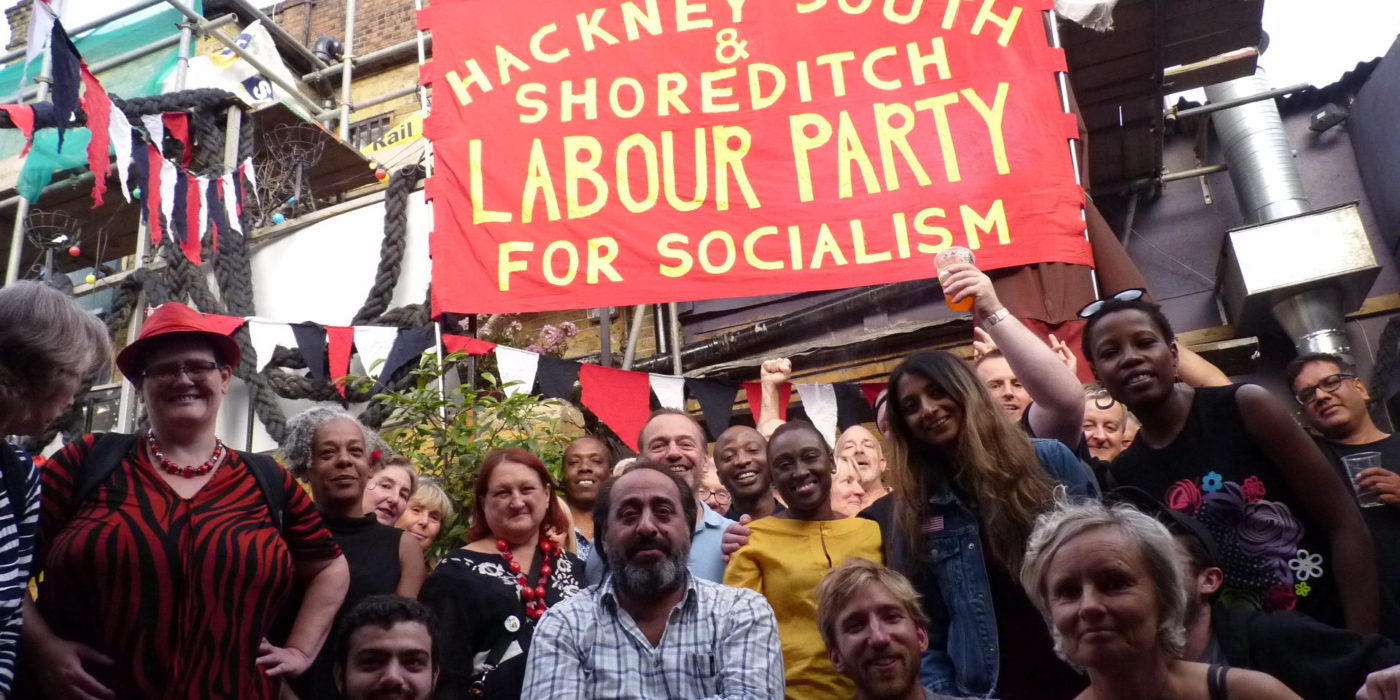
“The history of all hitherto existing society is the history of class struggles. Further, it follows that every class which is struggling for mastery, even when its domination, as is the case with the proletariat, postulates the abolition of the old form of society in its entirety and of domination itself, must first conquer for itself political power in order to represent its interest in turn as the general interest, which in the first moment it is forced to do.” (The German Ideology, Marx & Engels).
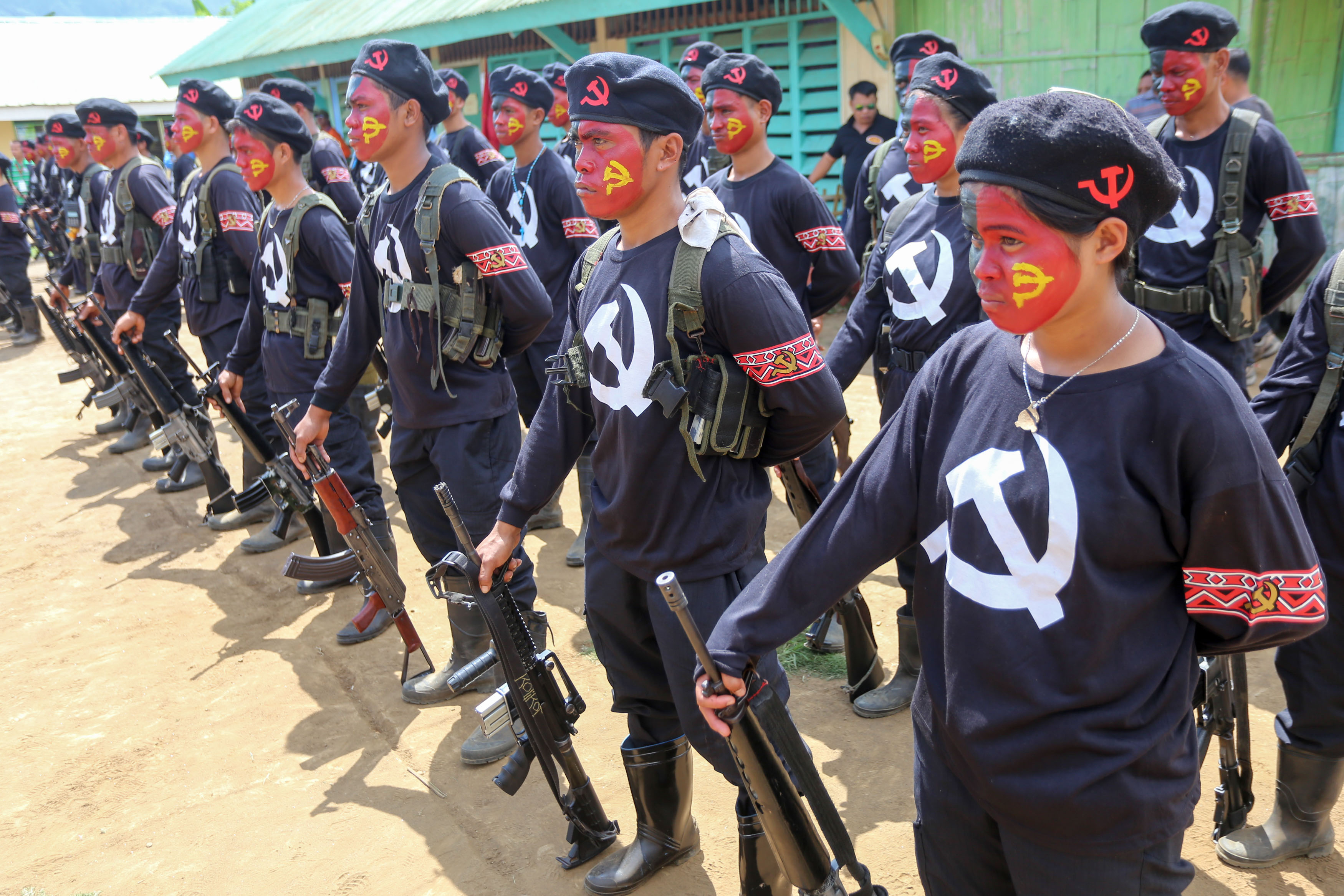
To what extent does Marxism advocate the use of violence in pursuing political aims; specifically, when does class struggle become armed struggle?
Communism is certainly not a pacifist ideology. Throughout history, Communist Parties, and organisations in which Communists have played a leading role, have resorted to armed struggle, either in self-defence or in order to further revolutionary aims. Examples include socialist revolutions, national liberation struggles and anti-imperialist wars of national defence. Indeed, violent struggle has often played a key role in social transformation, far predating Communist influence.

Lenin called Imperialism the highest stage of Capitalism, and we view Fascism as its necessary extension, its naked face. In contrast to our socialist belief that power should rest in working class hands, Fascism demands total ruling class control over the nation. It is class collaboration over class struggle, the dictatorship of capital, a form of extreme nationalism, acting as the last ditch defence of capital against the rising power of the working class. Its features are a militaristic regime based upon terror, where civil liberties are repressed, and where profit is the root and fruit of racism.

When we apply Marxism Leninism to the National Question, we must look dialectically at the class forces at play in shaping the social and national development as well as identity of Nations. For our purpose, let’s look at one particular nation in Britain. Scotland, fundamentally, is a nation.
Simply put: “A nation is a historically constituted, stable community of people, formed on the basis of a common language, territory, economic life, and psychological make-up manifested in a common culture.”
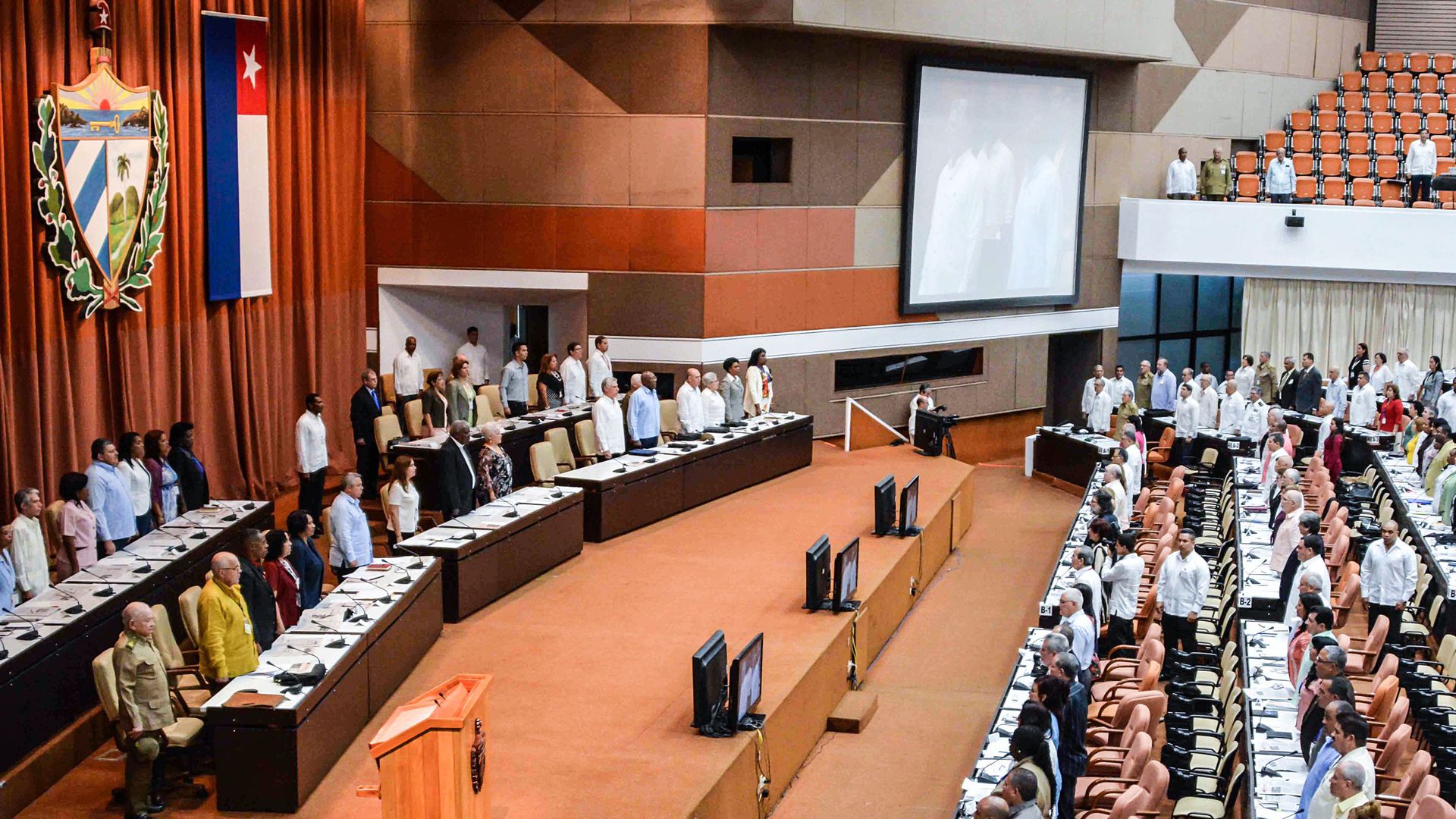
In liberal ideology, dictatorship and democracy are commonly thought of as occupying opposite ends of a spectrum against which all forms of government can be measured. Typically, bourgeois parliamentary democracy, as practised in the US and western Europe, occupies one end and is held up as the gold standard. This conception is based on an entirely false understanding of class society.
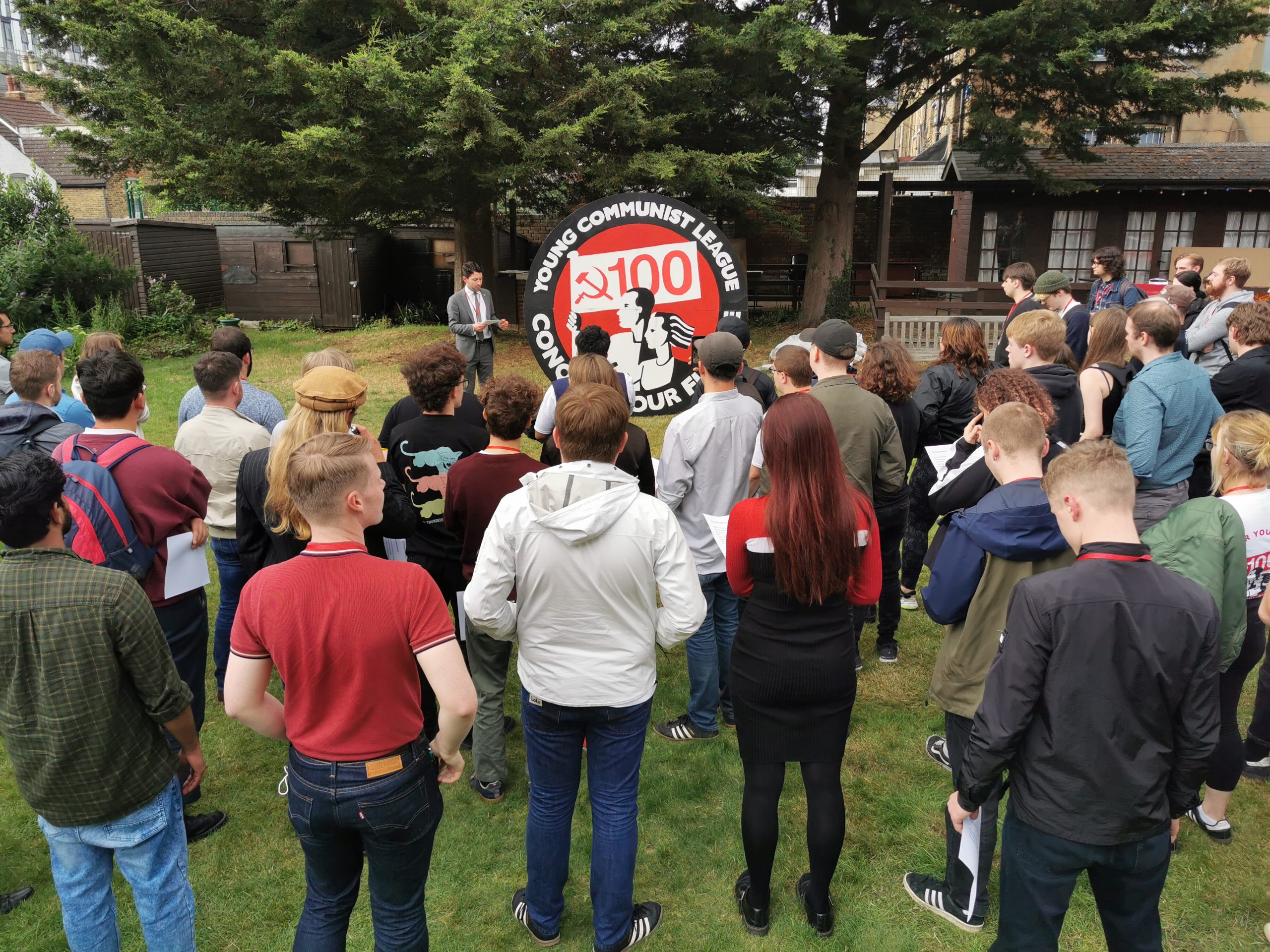
Any serious communist movement must establish and maintain a revolutionary youth organisation. However, the role of such an organisation has at times been open to question. Most of the classif Marxist texts on the role of the youth were written during the early stages of the construction of socialism, whereas Marxist writers under capitalism have tended to ignore, or overemphasise, the specific role of youth and student organisations.

“The communists have not invented the intervention of society in education; they do but seek to alter the character of that intervention and rescue education from the influence of the ruling class” Marx & Engels, Manifesto of the Communist Party
Communists have long understood the class nature of education. In the construction and maintenance of ruling class hegemony, education plays a key role. Indeed, in developed capitalist society, universal education (public or private) is the key mechanism for the reproduction and crystallisation of class differences, in spite of the resistance of many education workers.
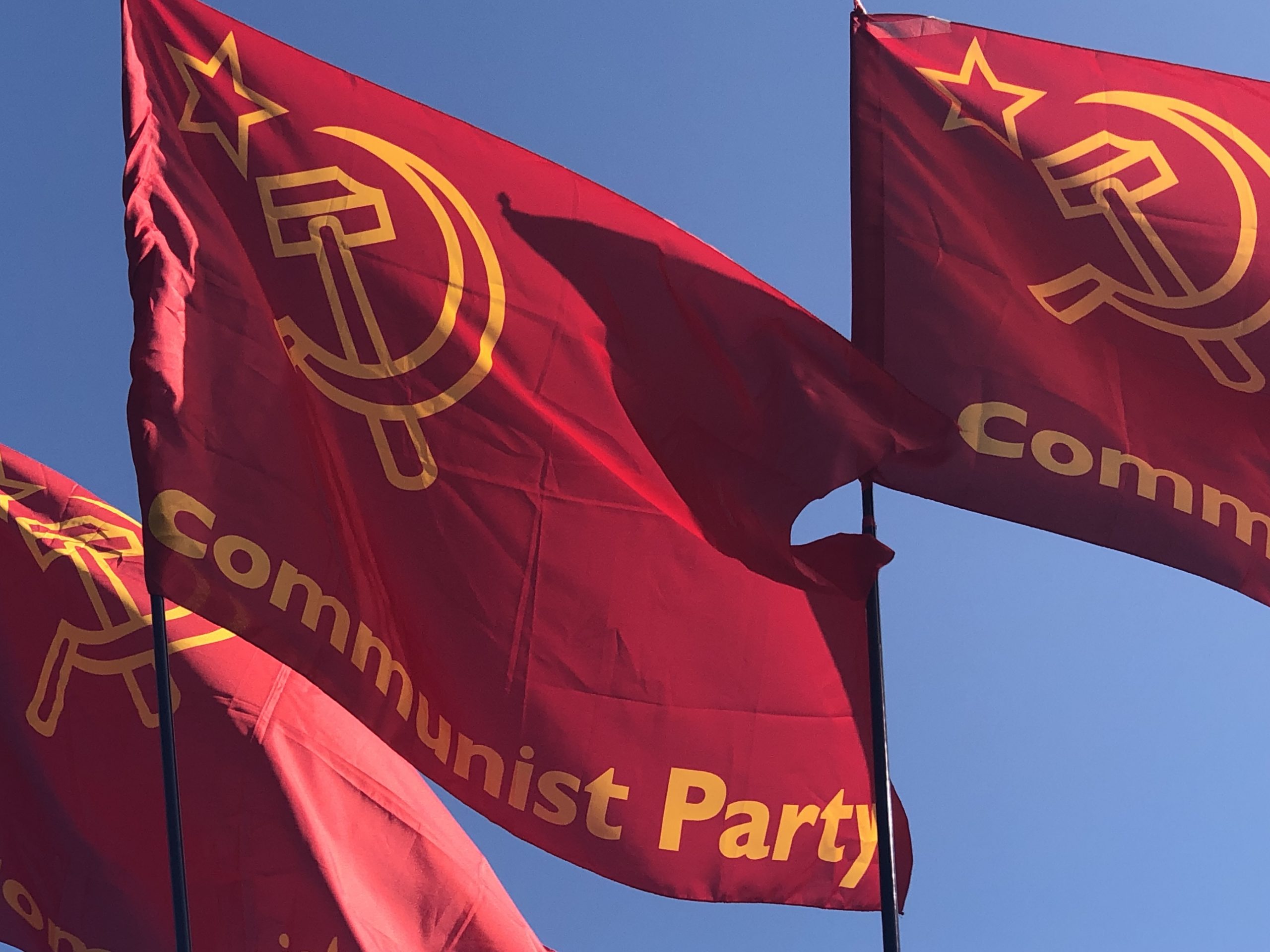
“The Communists are distinguished from other working class parties by this only: (1) In the national struggles of the proletarians of the different countries, they point out and bring to the front the common interests of the entire proletariat, independently of all nationality. (2) In the various stages of development which the struggle of the working class against the bourgeoisie has to pass through, they always and everywhere represent the interests of the movement as a whole.